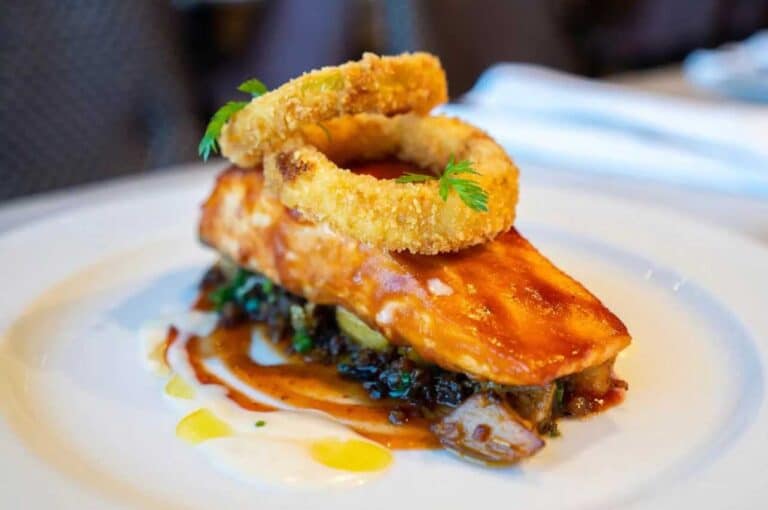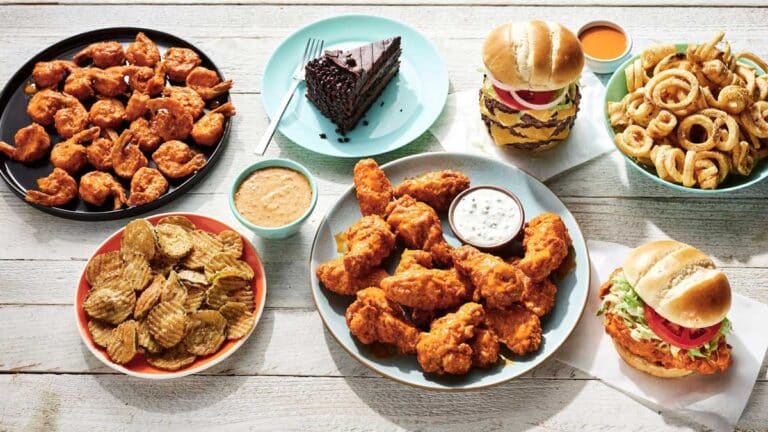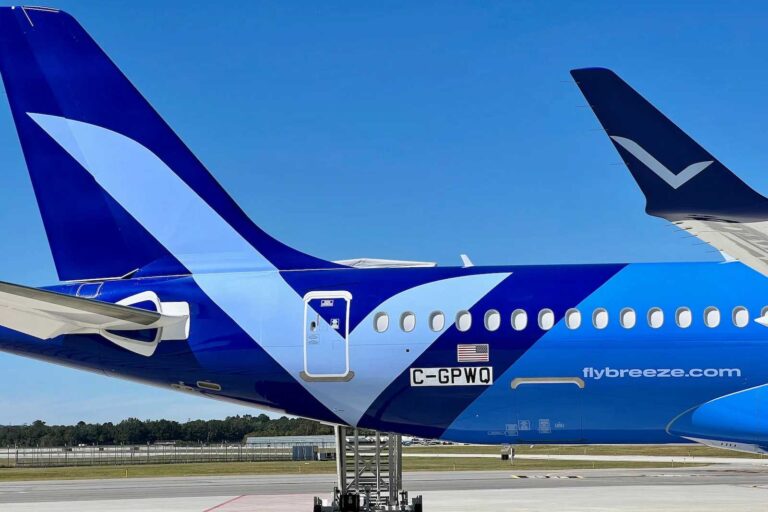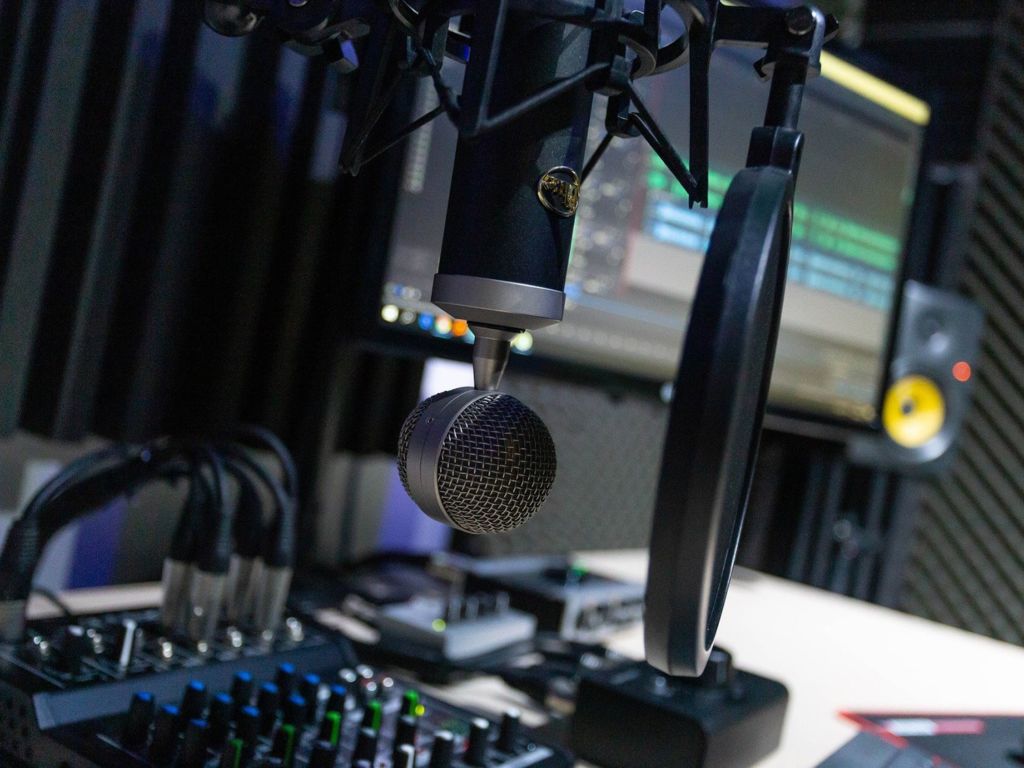
Podcasting can be an enriching and creative hobby – I’ve had my own podcast called “Stuck in the ‘80s” for 15 years now and have recorded more than 570 episodes – but for many people the challenge is comprehending all the technical needs. The truth is you really only need a small handful of gear to record your first podcast. Here are the essential podcasting gear items that I personally use or recommend.
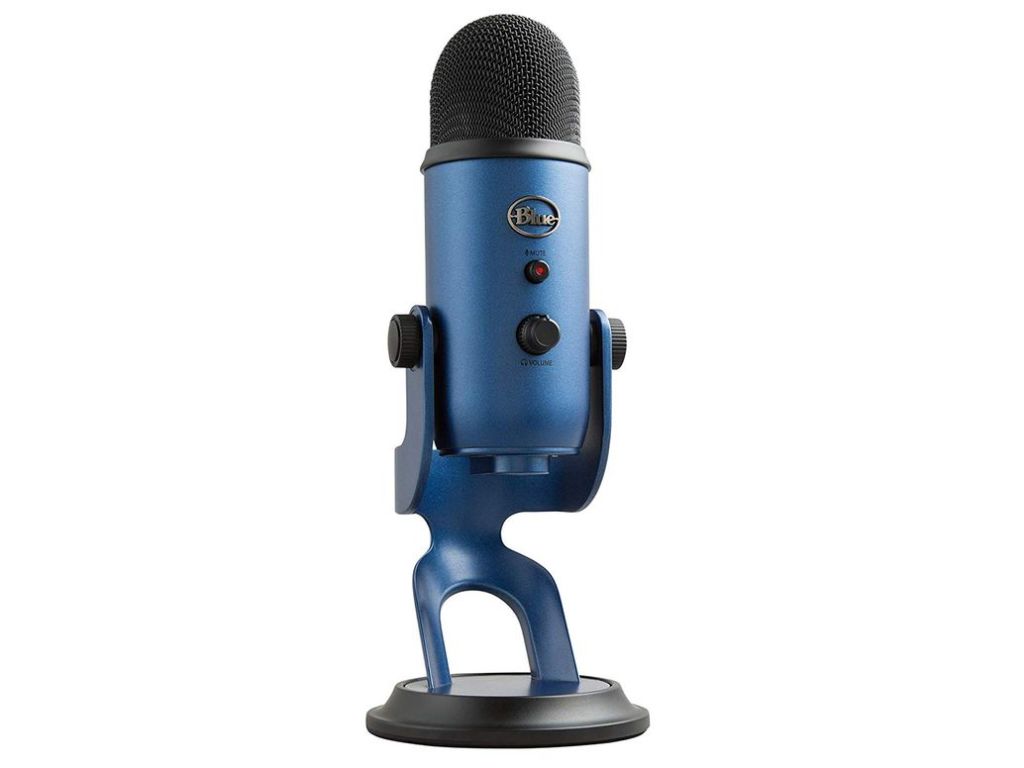
Audio professionals can spend a small fortune on microphones, but as a home podcaster, this Yeti USB microphone is really top shelf. It can record in stereo or three other unique patterns. It has a built-in headphone amplifier for zero-latency monitoring. And – best yet – there are no drivers to install.
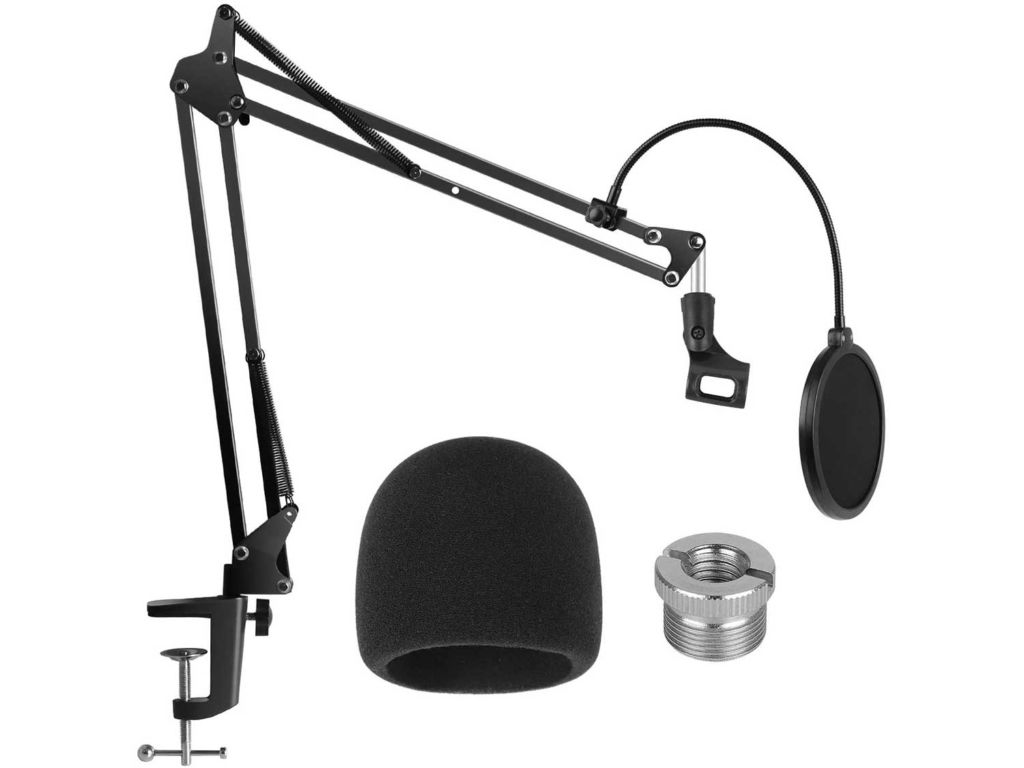
There’s a lot to love with this combo pack, particularly the windscreen and pop filters. (You’d be amazed at how well these handy tools tackle all the foreign sounds you’d end up having to delete in the editing stage.) The table mounting clamp is also a must-have; it allows you to place the microphone is the ideal position for maximum sound capture. (Tabletop stands are great for beginners, but you’ll soon feel the need to evolve to this model.)
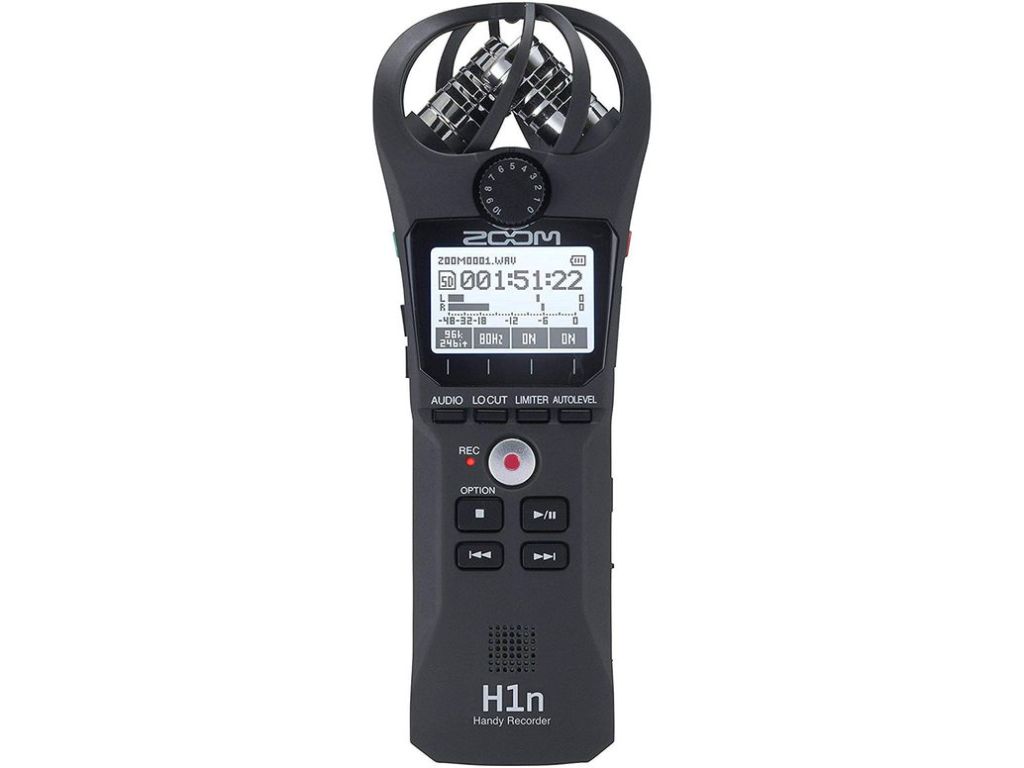
At least a dozen times a year, I need to hit the road to record a podcast and this is the digital recorder that comes with me. It’s perfect when setting up an interview away from your home studio, and the one-touch button controls are easy to tinker with. A full battery charge gives you 10 hours of recording.
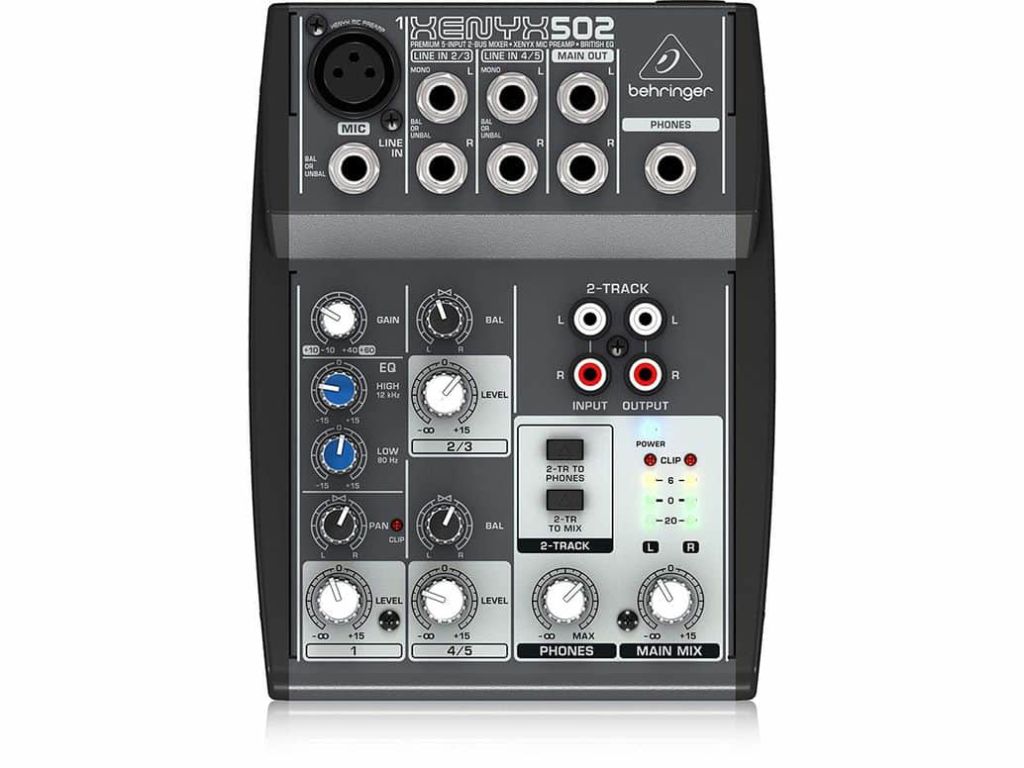
Recording a podcast is your first step – getting it to sound like a broadcast straight from a professional studio is your next goal, and this mixer from Behringer is the key. It has five inputs but stays ultra compact. When you’re not using it for podcasting, it’s great for operating a public address system or a karaoke set.
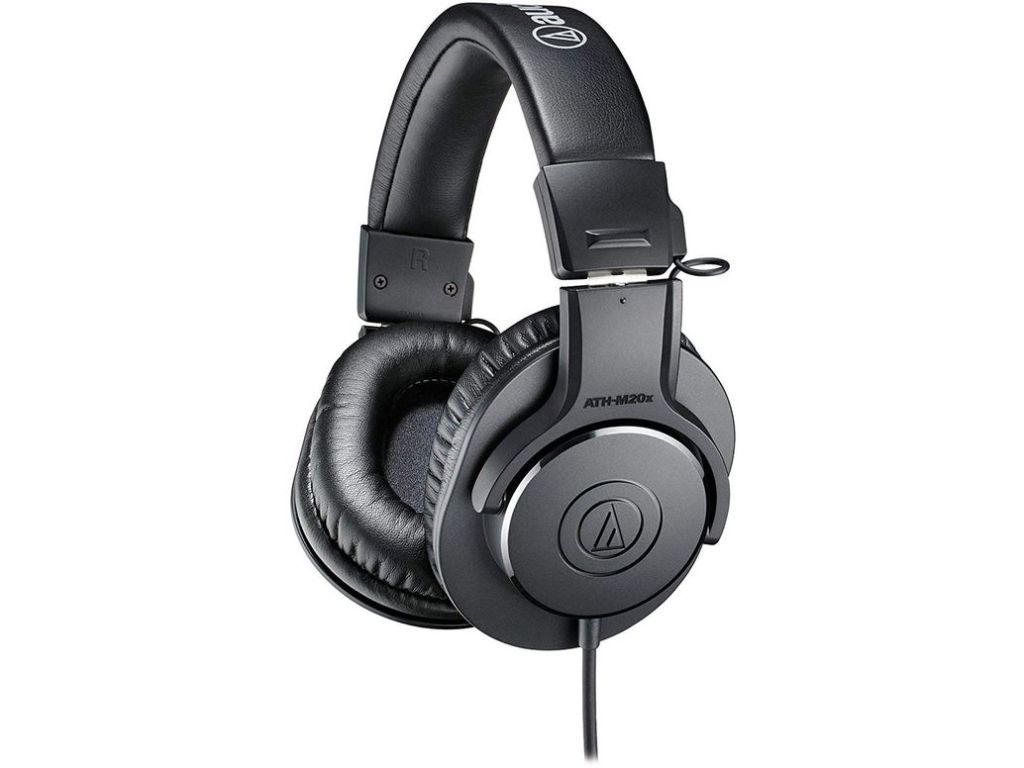
If I can leave you with one parting tip on podcasting gear, it’s this: Invest in a good set of comfortable headphones because you’re going to spend a lot of time wearing them. Don’t be tempted with ear buds – they won’t do the job. You need closed-ear headphones so the audio you hear through the headphones doesn’t bleed into the microphone in front of you, which will give an almost echo effect to the final audio track. Once recording is over, you’ll pop the same headphones on to edit your audio, so make sure they’re super comfortable. I’ve found that these Audio-Technica phones give a great seal for superb sound isolation while at the same time not squeezing my skull. Again, you can spend a small fortune for headphones, but this model is a great choice for beginning and intermediate podcasters.
Steve Spears is editor of Florida Travel & Life, an online brand that inspires active, affluent travelers, providing them with insider information on discovering the best of Florida. Informative and engaging, the website showcases travel destinations, arts and cultural venues, vibrant dining scenes, recreational activities, the great outdoors and the revitalized real-estate market. He is based in Orlando and counts St. Augustine, Key West and the Gulf Beaches among his favorite destinations in the state.

